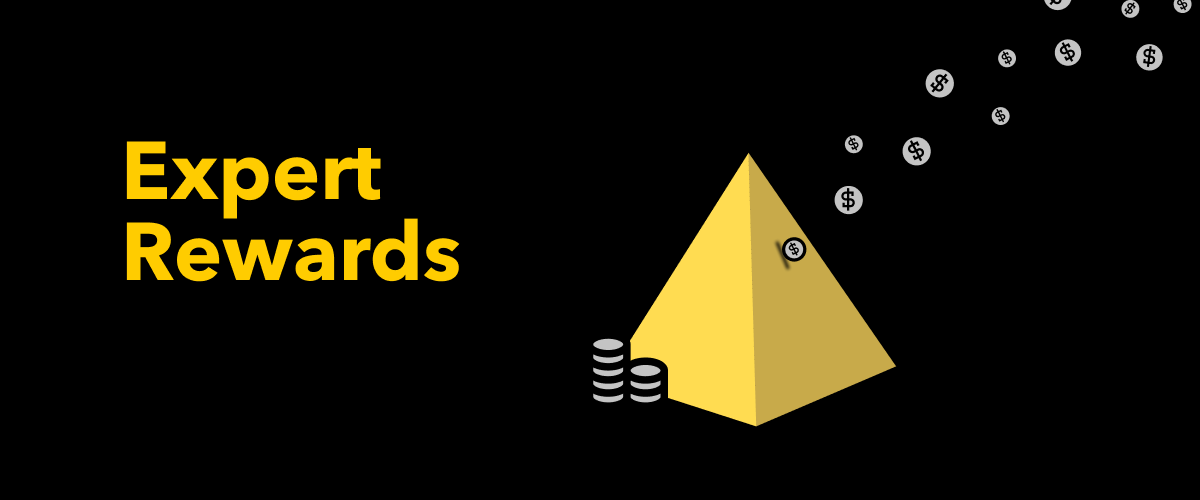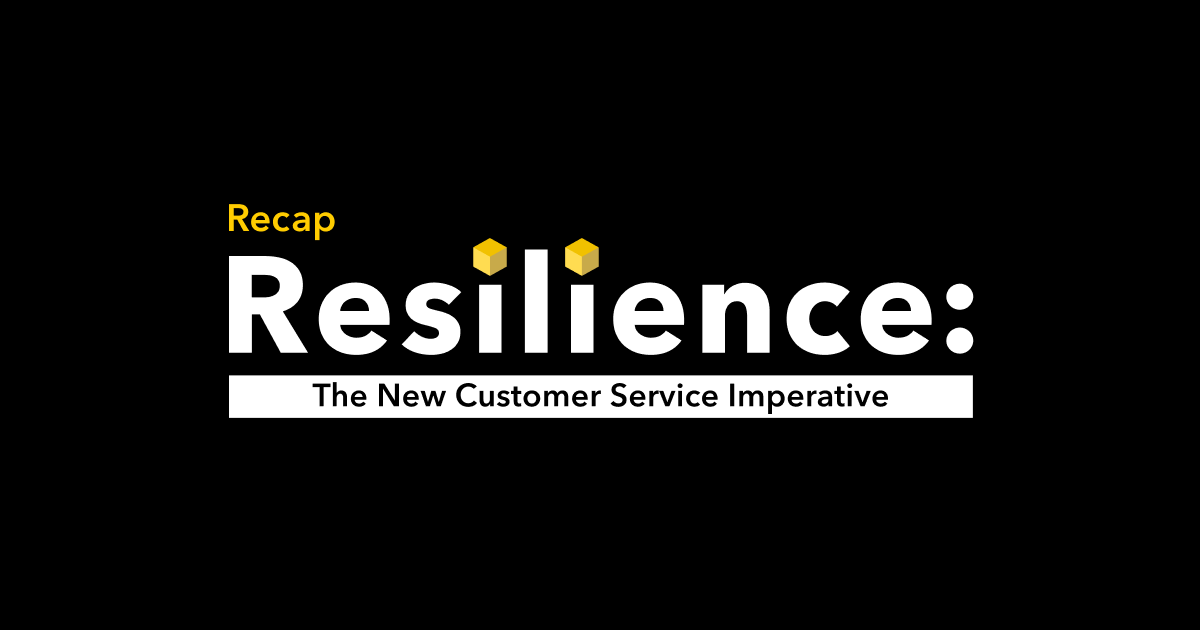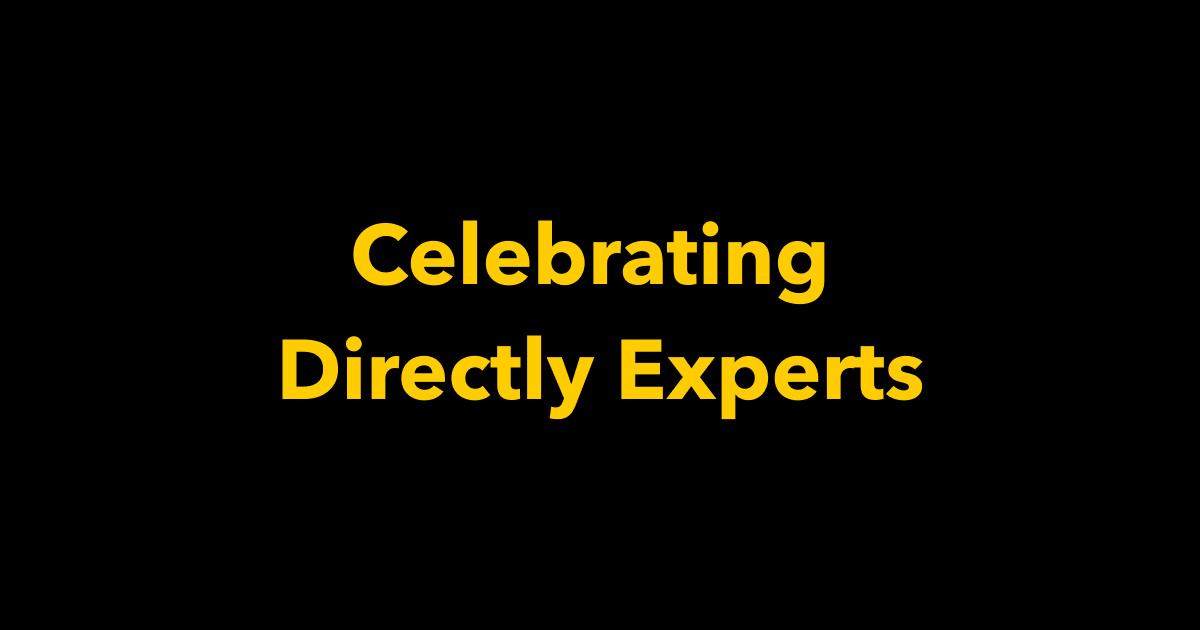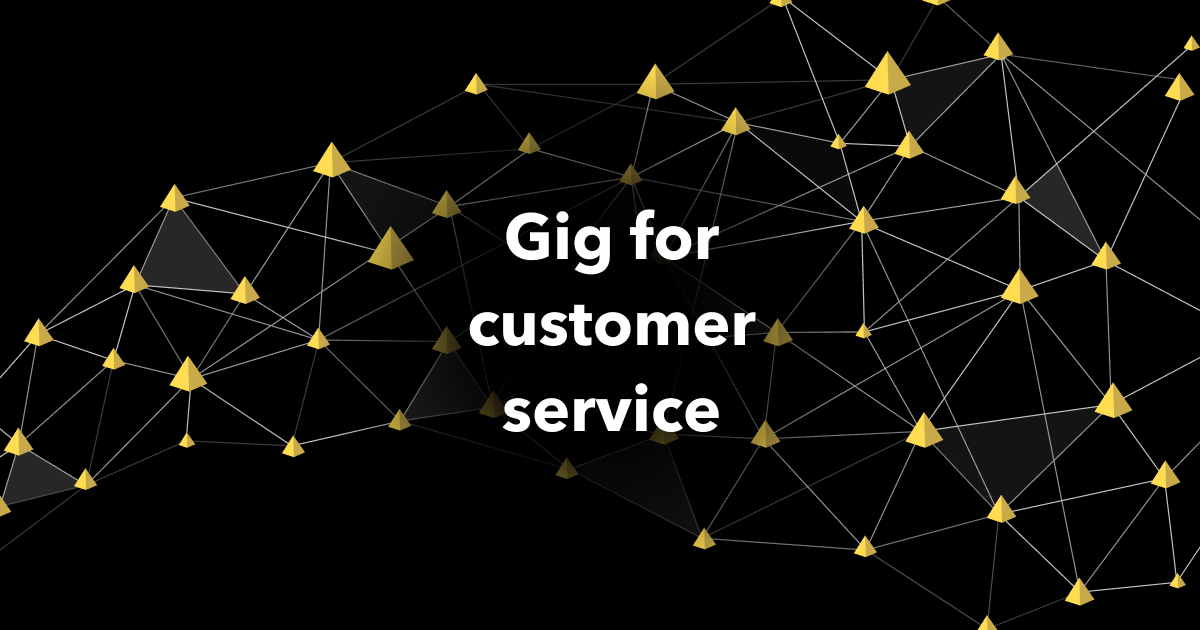Editor’s note: This is the final post of a three-part blog series about how we build and manage our network of on-demand experts, who provide much-needed scale and flexibility for today’s decentralized contact center. These independent experts — who have a combination of first-hand experience with our customers’ products and a breadth of technical expertise — have become a trusted customer service resource for some of today’s leading brands.
As we wrote in our previous post, the Directly platform provides the tools we need to manage our expert networks and ultimately ensure that they deliver high quality customer service. The performance of the experts — as measured by direct feedback and standardized metrics like CSAT — helps cement long-lasting trust from the businesses that they represent.
But what about the experience of the experts? What keeps them engaged, interested, and ultimately motivated to do the best job possible?
Like any service that taps crowd workers for help, the success of our platform is dependent on our experts’ motivation to do great work. Inherently, most of our experts love helping people — and even before joining our platform, they are typically evangelists for the products they love to use. However, these experts also deserve to be paid for the service they are providing.
In this post, we’ll provide an overview of how our task-based reward system works. And we’ll also explain how our performance-based routing system rewards our top experts with more work and more rewards. That, in turn, further improves the performance of the network.
Types of rewards
At the highest of levels, our experts are paid based on their ability to complete tasks — and ultimately resolving customer support cases. Getting more granular, here are five different ways that experts can earn rewards:
Answering a question: The most common reward takes place when an expert agrees to answer a question, interacts with your customer over digital channels, and successfully solves their problem.
Writing automated answers: After we identify a common question, we’ll ask our experts to write answers that will automatically (and instantly) be sent to users who ask similar questions. (Our machine learning model automates this process by identifying the user intent of new questions and if an automated response is available, our platform serves it to the user.) Each time that automated answer is successful in resolving a question, the expert who authored it is rewarded.
Up or down-voting other expert responses: We encourage experts to provide feedback and engage with other experts’ answers – which is an important part of how we manage quality on our platform. We reward experts for reviewing, rating and (if need be) optimizing answers from other experts.
Performance bonuses: We occasionally offer special reward bonuses when we’re experiencing high contact volume — e.g. for seasonality or in response to unexpected surges.
Special projects: Periodically, we ask our experts for help with special projects. For example, with one client, we recently conducted a review of an online FAQ (frequently asked questions) portal used for self-service customer support. We asked for experts to provide feedback on answers and to write new answers where necessary.
For these different types of rewards, we provide different levels of compensation. Here’s how we do that:
How we define reward thresholds
We have a range of clients — from telecommunications services, gaming, and hospitality, to professional software. The experts for each of these segments answer a range of questions with varying complexity. Because of this diversity, there’s no fair way to define a flat reward that applies to all tasks. So, our team works closely with our clients to determine how big the reward is for each task.
We use the following criteria to set these reward thresholds:
Category/intent: We look at the category of question to help guide us to what is a fair price to pay an expert for this expertise. The more specialized, the higher the reward.
Time needed to answer: Within each category, we evaluate how long we think it should take an expert to answer a specific question.
Complexity of question: Last, we consider the complexity of each question as it applies to each intent or category. If there’s more layers to it, the reward will be larger.
The reward threshold also takes into account what we believe is the fair market rate for this expertise and also our clients’ budgets for the overall services. Across our range of clients, we typically see tasks with rewards defined between $2 and $60.
How experts earn points — and then rewards
With the award thresholds defined, the actual rewards for individual experts are determined by a gamified points system. The experts earn points when they help the customer — and they can also lose points when the customer indicates that they were unhelpful. While our points system varies from client to client and from task to task, here’s how the points system is described for experts working for one of our clients:
How to earn points
+20 points when you claim and answer a question
+5 points when another expert endorses your answer
+10 points when a customer rates your answer as helpful
+50 points when a question closes and you were the last expert to claim it
+50 points when a customer accepts your answer
+1 point when you endorse another expert’s answer or suggest improvement
How to lose points
-10 points when you release a question after claiming it
-10 points when your answer is flagged for review and the flag is confirmed by our team
-20 points when a customer rates your answer unhelpful and the rating is confirmed by our team.
Over the course of a week, all of an expert’s activity rolls up into their weekly report, which might look like this:
Performance routing
A big driver of the overall quality of our expert networks is our platform’s performance routing system. We (and our clients) want the experts who are most engaged, most active, and most successful to have more opportunity.
It’s a virtuous cycle. Experts that perform the best earn the most, which gives them the opportunity to earn more. And through being more active, these experts naturally become even better at their craft. Customers receive the benefit of engaging with the top-performing experts, as they’re more likely to quickly get the answers they seek (and therefore give positive ratings). Meanwhile, our clients see the performance of the overall expert network improve because the highest performers are engaging with their customers most often.
Here’s how our performance routing works:
There are three possible routing statuses — and while the specific metrics may vary based on the product/service experts are representing, here’s how they are defined for one of our clients:
Preferred: Experts with this routing status have answered at least 20 questions in the past 14 days. They are meeting or exceeding all the goals in the network.
Regular: Experts are below the goal for one or more metrics. They may have answered fewer than 20 questions in the past 14 days. Or, they may be new to the network.
Stopped: Experts have been inactive for over 60 days. They may be very far below the goal for one or more metrics in the network.
In addition to performance, routing also takes into account which experts are online and available when customers need help. If they are logged into Directly on the web or via our mobile app — and they are viewing their dashboard — they are considered online.
As a customer question is received, questions are routed to a mix of Preferred and Regular online experts first. If questions are routed to online experts and online experts don’t engage within a certain amount of time, questions are then routed to a mix of Preferred and Regular offline experts.
An approach that rewards excellence — and builds trust
We started this three-part blog series by writing “trust is complicated.” Ultimately, trust must be renewed every day. It’s living, and can be upset at any time through poor performance. That’s especially true in the realm of customer service.
No business is going to trust any representative — whether an internal or outsourced BPO agent, or one of our own Directly on-demand experts — if they fail to deliver a good customer experience. Meanwhile, those agents aren’t going to do good work if they ultimately don’t trust the company because they aren’t being adequately rewarded or don’t like the work they are doing.
We feel good about how we manage the delicate balance of trust between our clients and our experts. Like many aspects of business, it’s part science, and part art. We carefully recruit and manage people with specialized expertise who are passionate about the products and services they represent. We reward experts fairly based on how they perform. And our team is constantly monitoring performance — via defined metrics and feedback from both experts and our clients.
It’s an approach to customer service excellence that both our experts and the companies that they represent trust.
Why Directly Experts?
Directly delivers world-class customer service for leading Fortune 500 brands. Captive and outsourced contact center models increasingly can’t keep up with customer service demands, while self-service is only effective at deflecting simple contacts. With Directly, we help you troubleshoot a wide range of technical issues using on-demand experts. Customers like Microsoft, Samsung, and Airbnb to reduce contact center volume up to 40%, boost CSAT up to 20% and save millions per year. Contact us to set up a demo today.



